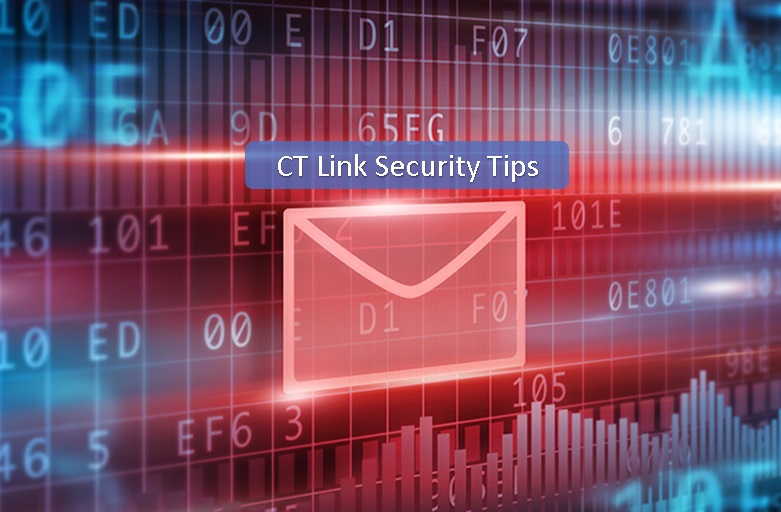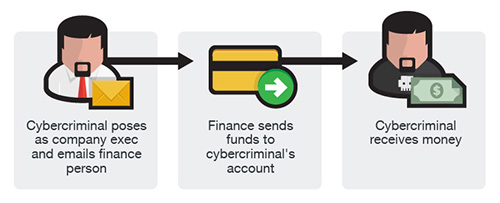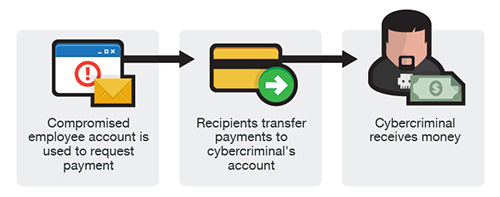Due to recent events, many of us have had to do significant life changes be it personal or work related. This has affected many of us globally and even created a trend that many are using to their advantage, such as people making profit off shipping masks to other countries. So, it comes to no surprise that many cyber criminals are also using this to their advantage. According to Trend Micro, there has been a surge of malicious attacks being detected that have been using the COVID 19 as a lure to infect unsuspecting users.

From the duration of January 1, 2020 – March 27, 2020, Trend Micro’s Smart Protection Network blocked more than 300,000 threats using the COVID 19. They found that 65% of the attacks were in the form of spam emails while other 35% were malware related or malicious URLs. Around 56% of malicious URLs are phishing attacks, so making sure your workforce is properly educated on how to spot these attacks is crucial in keeping your company safe. Around 80,000 files used in spam that had the keyword COVID were mostly Trojan files, the others were in different malware families, only a handful were ransomware related.

Defending your Workforce from COVID related threats
Below are a few tips in which your workforce can follow to help minimize the risk of falling for COVID related scams:
Use a company device for remote work if possible
If possible, use company issued devices. Personal devices may not have as much security controls then company owned devices. Do not use company devices for anything unrelated to work.
Prepare a backup solution at home
Preparing a backup with what you have on hand (USBs, external hard drives, etc.) is better than not preparing in case anything goes wrong.
Be wary of online scams
Unfortunately, there will be people using this crisis to scam or make money of people who are currently on high alert. Let us remember to always be vigilant and look out for suspicious emails or URLs, especially if they are unverified and currently using COVID in their filename or URL.
For those who wish to add more security to their current mobile workforce, Trend Micro’s Smart Protection suite and Worry-Free Business Security can help you detect and block these malicious threats.
As an added layer of defense, Trend Micro™ Email Security thwarts spam and other email attacks. The protection it provides is constantly updated, ensuring that the system is safeguarded from both old and new attacks involving spam, BEC, and ransomware.
To learn more about how to better protect your workforce with Trend Micro solutions, you can send an email to marketing@www.ctlink.com.ph and we would be happy to answer your inquiries!






